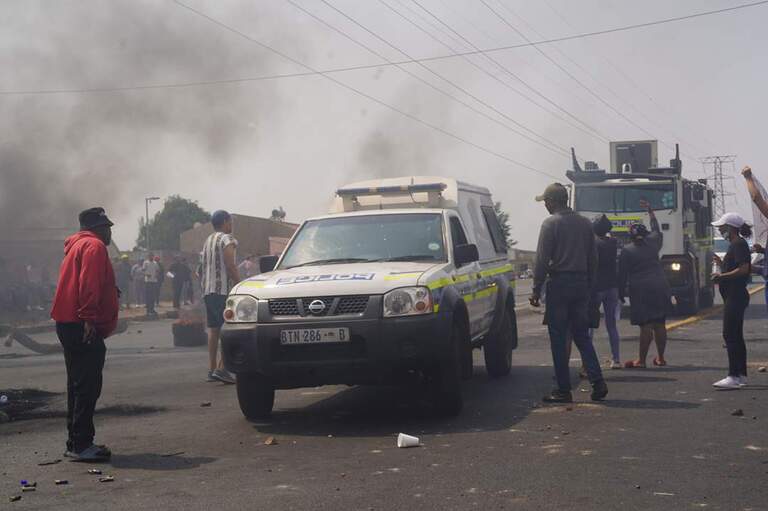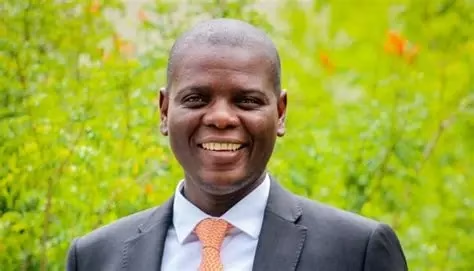
Israeli Prime Minister Benjamin Netanyahu says Israel intends to take full control of Gaza to dismantle Hamas, triggering international concern and sharp criticism amid a worsening humanitarian crisis [Image by Rolling Stone]
(The Post News)– There has grown a widening rift between Israel’s military and political leadership on Prime Minister Benjamin Netanyahu’s decision not to advance in a step-by-step approach to an agreement to end the Gaza war. Senior government officials, the Mossad intelligence agency, and the defense establishment are promoting a step-by-step approach beginning with a temporary cease-fire, the four officials said after participating in closed-door meetings.
Military chief of staff Lt. Gen. Eyal Zamir, Mossad director David Barnea, National Security Adviser Tzachi Hanegbi, and Foreign Minister Gideon Saar have all spoken against Netanyahu’s “all-or-nothing” strategy in private. They feel it would be preferable to release some hostages now, even in smaller numbers, than wait for a complete deal that has been rejected repeatedly by Hamas.
Netanyahu Rejects Phased Truce
Netanyahu and certain senior cabinet ministers want a broader deal to free all of the surviving hostages at once in one phase and formally end the war on Israel’s own terms. Hamas has had a preference, however, to commit to an Egyptian- and Qatari-brokered phased cease-fire plan to start with a 60-day calm and the release of half the prisoners in exchange for Palestinian prisoners.
Despite previously supporting phased negotiations, Netanyahu has changed course over the months, reportedly pressured by the Trump administration. Trump’s peace envoy, Steve Witkoff, informed hostage families that the former American president desires all remaining captives freed at the same time. Israel estimates approximately 20 of the 48 hostages in Gaza are still alive.
Nimble cabinet clashes have underscored the internal squabbling. Gen. Zamir has warned that a full-scale incursion into Gaza City, Israel’s next planned operation, could risk hostages, put a strain on reservists, and leave Israel with the responsibility of occupying the war-scarred enclave.
Reservists’ discontent is widespread. Tens of thousands have been called out for duty, provoking protests and billboard advertising that states, “We didn’t enlist to sacrifice hostages.”
Israel Hostage Families Demand Action
For the hostage families, the decision is agonizing. Newly released footage of weak, gaunt hostages has heightened public pressure on Netanyahu to move swiftly. It is preferable to win the freedom of 10 hostages now, others say, than to gamble everything for a grand bargain that never materializes.
Polls suggest most Israelis favor a phased exchange of land and Netanyahu’s growing isolation. They accuse him of prolonging the war to sustain his unstable coalition, which is held together by ultranationalist ministers opposed to compromise.
Israel asserts that it already controls 75% of Gaza and is poised to move into Hamas-held Gaza City. But raids again take a heavy civilian toll. On Tuesday, an Israeli missile strike hit a three-story apartment complex in Gaza City, killing 11 and leaving seven children buried under rubble, the Palestinian Civil Defense reported. International condemnation is mounting. UK Prime Minister Keir Starmer called Israel’s plans for Gaza City “wrong” and urged Netanyahu to change course. Despite the mounting criticism, Netanyahu refuses to back down.
Nearly two years into the war, there are still questions about whether Israel is able militarily to accomplish what it has so far been unable to do. Though Netanyahu still insists on achieving “decisive victory,” his political rivals warn that his strategy risks killing even more civilians and could sentence the remaining hostages to death.
With talks stalled and military planning underway, Israel has a critical decision to make: bet big on a grand bargain that Hamas will never sign up for, or take small, incremental steps many security experts believe are the only plausible route to a deal.



